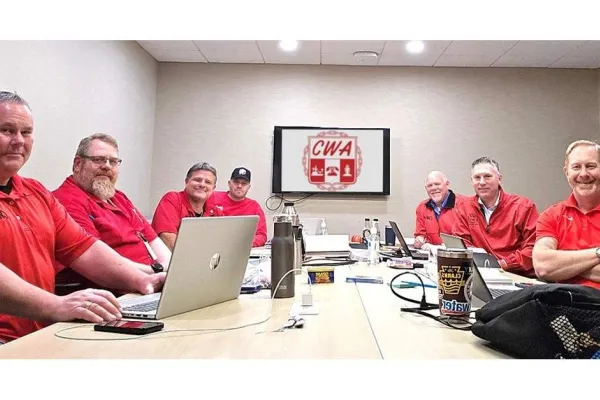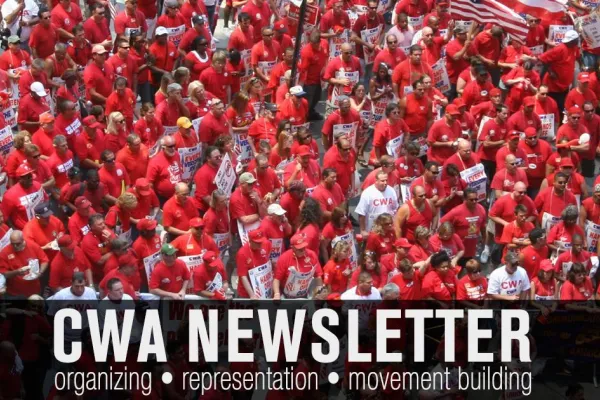THIS WEEK IN LABOR HISTORY - November 21
Six miners striking for better working conditions under the IWW banner are killed and many wounded in the Columbine Massacre at Lafayette, Colo. Out of this struggle Colorado coal miners gained lasting union contracts - 1927
 The 1,700-mile Alaska Highway (Alcan Highway) is completed, built during World War II on the order of President Roosevelt. Some 11,000 troops, about one-third of them African-Americans, worked on the project, which claimed the lives of an estimated 30 men. Memorials for the veterans are scattered in spots throughout the highway, including the Black Veterans Memorial Bridge, dedicated in 1993. It wasn’t until 1948 that the military was desegregated - 1942
The 1,700-mile Alaska Highway (Alcan Highway) is completed, built during World War II on the order of President Roosevelt. Some 11,000 troops, about one-third of them African-Americans, worked on the project, which claimed the lives of an estimated 30 men. Memorials for the veterans are scattered in spots throughout the highway, including the Black Veterans Memorial Bridge, dedicated in 1993. It wasn’t until 1948 that the military was desegregated - 1942
The United Auto Workers Union strikes 92 General Motors plants in 50 cities to back up worker demands for a 30-percent raise. An estimated 200,000 workers are out - 1945
Staten Island and Brooklyn are linked by the new Verrazano Narrows Bridge, the longest suspension bridge in the world at the time and still the longest in the U.S. Joseph Farrell, an apprentice Ironworker on the project, told radio station WNYC: "The way the wind blows over this water it would blow you right off the iron. That was to me and still is the most treacherous part of this business. When the wind grab s you on the open iron, it can be very dangerous." Three workers died over the course of the 5-year project - 1964
s you on the open iron, it can be very dangerous." Three workers died over the course of the 5-year project - 1964
(Survival of the Fittest is a must-read for anyone in the building trades, especially younger workers. In clear, easy-to-read language it explains how to be successful in the trades and, directly linked to that success, how to make union construction thrive and prosper.)
The promise of telecommuting arrives when the Advanced Research Projects Agency Network—ARPANET, the beginnings of the global internet—is established when a permanent link is created between the University of California at Los Angeles and the Stanford Research Institute in Menlo Park, Calif. - 1969

A fire at the MGM Grand Hotel and Casino in Las Vegas kills 85 hotel employees and guests and sends 650 injured persons, including 14 firefighters, to the hospital. Most of the deaths and injuries were caused by smoke inhalation - 1980
Flight attendants celebrate the signing into law a smoking ban on all U.S. domestic flights - 1989
Congress approves the North American Free Trade Agreement (NAFTA), to take effect Jan. 1 of the following year - 1993
The Genetic Information Nondiscrimination Act takes effect in the nation’s workplaces. It prohibits employers from requesting genetic testing or considering someone’s genetic background in hiring, firing or promotions - 2009
CWA and Labor Allies Win Political Victories Across Texas


